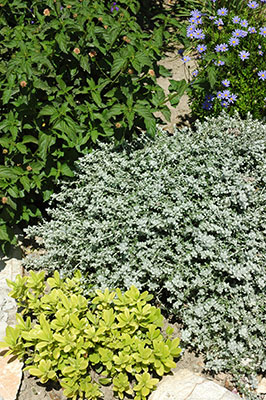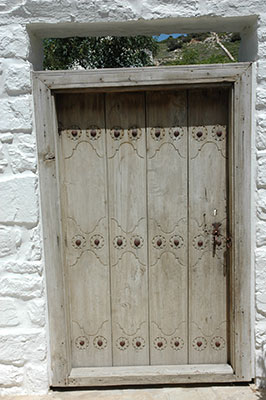
 Kaló Pásxa - Happy Easter
Kaló Pásxa - Happy Easter
The Greek Islands put forth a springtime rich in beauty, bounty, and tradition. Aromas of lavender and rosemary intermingle in the ever-warming breezes of the day. Carpets of wildflowers decorate the verdant hills. A feeling of rebirth and rejuvenation is palpable as the country prepares for Easter, undoubtedly the biggest holiday in Greece, and one that is celebrated in a beautifully unique way.
Each city, village, and church takes part in Easter ceremonies rich with both pageantry and piety. Easter week, or Holy Week, is marked by different events on each day or night. Some of the most remarkable are the procession of the flower-decorated epitaphios (bier of Christ) on Good Friday and the Resurrection Mass on Saturday night. Easter Sunday is the day for celebration and the breaking of the Lenten fast with lamb roasts and jubilation.
 Easter in Paros
Easter in Paros
The myriad churches across the island of Paros all organize individual celebrations of the Easter rites. One of the highlights during Holy Week is to take a tour of the decorated epitaphios lying in state in each church during the day on Good Friday. From the small chapel of Iera Moni tou Christou tou Dasous (Holy Church of Christ of the Forest) to the exceptional Byzantine cathedral of Panagia Ekatondapiliani (Our Lady of One Hundred Doors), you see these impressive handmade expressions of devotion and observe the constant stream of devotees coming to pay their respects. Choose any church to attend the Midnight resurrection mass; you will not soon forget the magic of experiencing this unique ritual first hand.
 Easter Week Festivities
Easter Week Festivities
- Easter begins on the Saturday of Lazarus (one week before Easter Sunday) with children going from door to door singing the hymn of 'Lazaros' and collecting money and eggs.
- On Palm Sunday, churches hand out crosses made from palm fronds for people to place on their icon-stands at home and keep for the coming year.
- On Holy Tuesday, housewives make sweet rolls (koulourakia).
- On Wednesday evening, the blessing of Holy Oil takes place in church.
- Holy Thursday is the day for dyeing eggs. Hard-boiled eggs are dyed red and are baked into twisted sweet-bread loaves or distributed on Easter Sunday. It is the tradition to rap one's egg against those of friends and family. The owner of the last uncracked egg is considered lucky. In the evening, after the reading of the Twelve Gospels, local girls undertake the decoration of the epitaphios with garlands of flowers. On the morning of Good Friday, the epitaphios is then ready to receive the image of Christ.
- Good Friday is a day of mourning. The recognition of the death of Christ is signified by great devoutness. Sweet things are not eaten and the Vesper service in the evening is followed by the procession of the epitaphios (representing Christ's funeral). A band or choir playing or singing solemn music often precedes the procession; they are followed by the cantors, the clergy, women bearing myrrh, the altar boys carrying the liturgical fans, and the people of the region, who sing hymns throughout the procession. All along the route, people holding lighted candles scatter flowers and perfumes on the epitaphios.
- On the evening of Holy Saturday, the Resurrection (Anastasi) mass takes place. The Midnight service is without a doubt the most important event of the year. At midnight, all the lights are extinguished in the church and the priest comes from behind the altar carrying a candle. He walks to someone in the front row and lights his or her candle. This light is a symbol of the resurrection and as the flame passes from candle to candle, light fills the church. The moment of the resurrection is marked by kisses and greetings of 'Christos Anesti, Alithos Anesti', ('Christ has Risen', 'Indeed he has Risen'). These very prayers have been repeated in Greece, unchanged, for hundreds and hundreds of years. Before re-entering one's house in the early hours of Easter Sunday, it is customary to make a cross with the smoke of the lighted candle on top of the door. The custom is then to light the oil candle before one's icon-stand and try to keep this light burning throughout the year.
- Easter Sunday is the final celebration. Greeks have many traditions on this day, however the most important is gathering family together and roasting a lamb, rotisserie-style (Arni Pashalino tis Souvlas - Easter Lamb on the Spit).